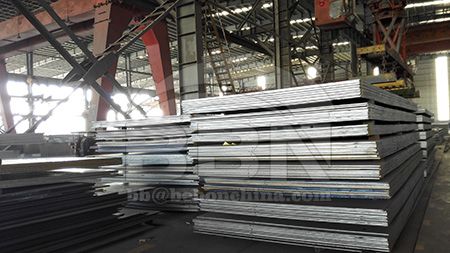
The off-season effect in the steel industry refers to a period characterized by reduced demand and lower production levels compared to peak seasons. This phenomenon can occur due to various factors, such as seasonal fluctuations in construction activity, manufacturing slowdowns, or reduced infrastructure projects.
During the off-season, demand for steel products typically decreases, leading to lower sales volumes and potentially increased inventories. Steel producers may experience challenges in maintaining profitability and optimizing their operations during this period.
To mitigate the impact of the off-season effect, steel companies often implement strategic measures such as adjusting production levels, optimizing cost structures, and diversifying their product portfolios to target niche markets or industries less affected by seasonal fluctuations.
It's important to note that the off-season effect can vary across regions and industries. Economic conditions, climate factors, and government policies can influence the timing and severity of the off-season in different markets. Steel industry players closely monitor market trends and adjust their strategies accordingly to effectively manage the off-season impact and maintain competitiveness.
Just like you, 70% customers choose long-term cooperation with BBN steel not only for our good product and service quality, good reputation in the international market, but also for our experienced one-stop raw material supply and further steel processing!
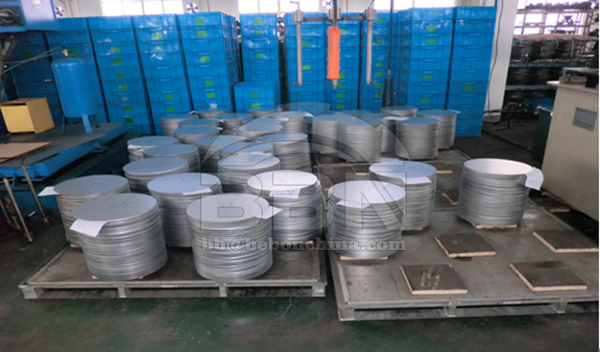
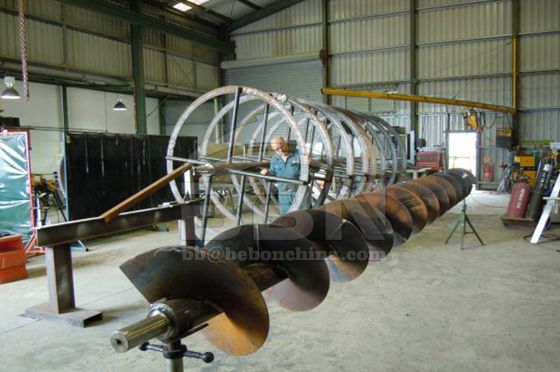
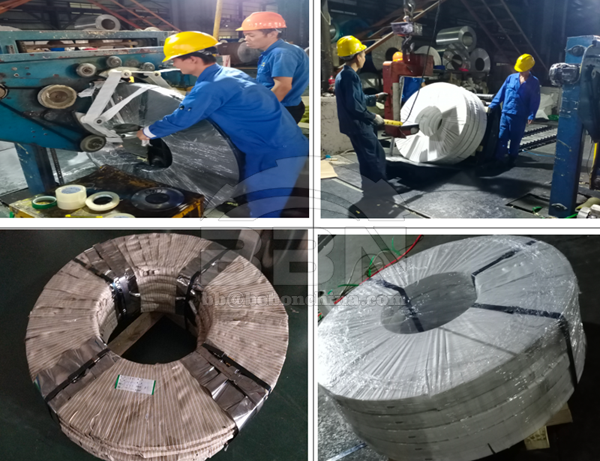
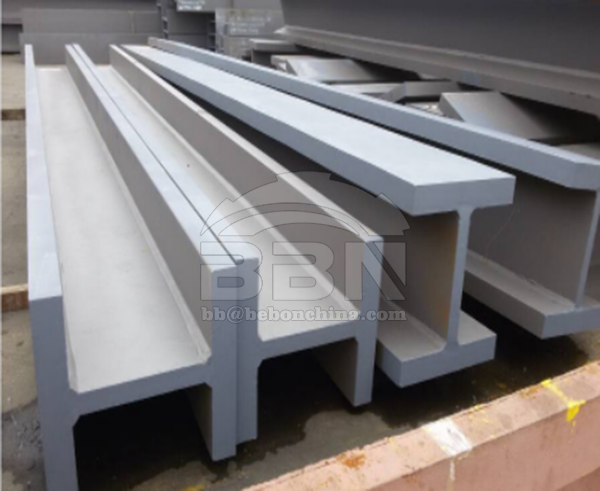

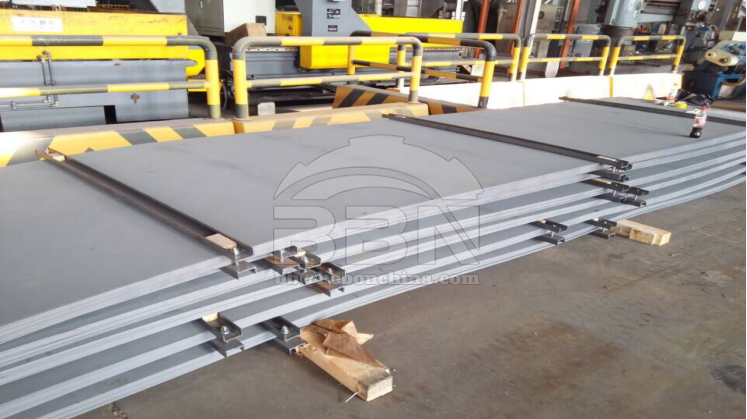

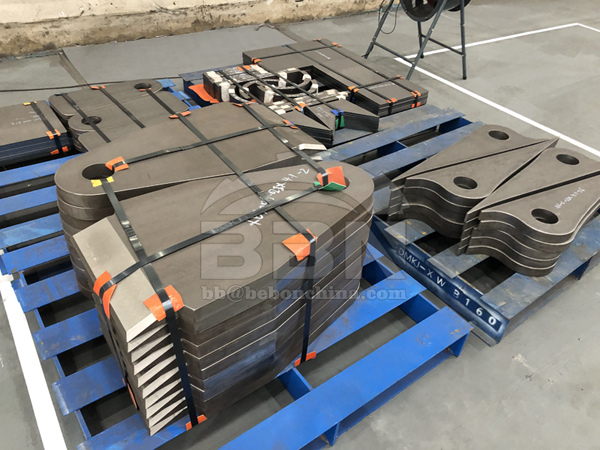
Henan BEBON Iron&Steel co.,ltd.